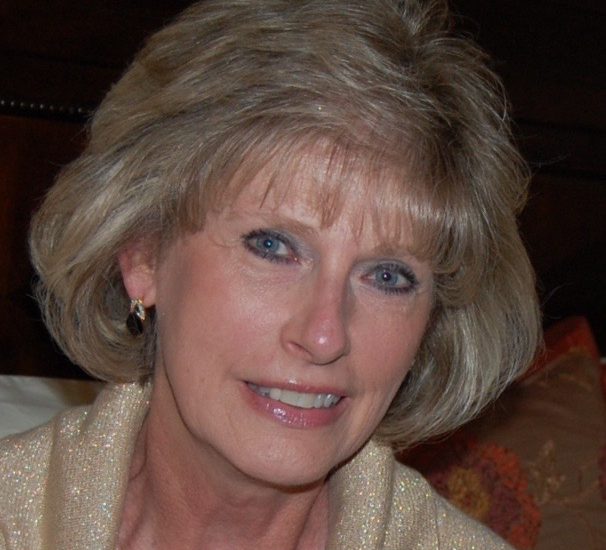- May 13, 2020
- Posted by: David Marshall
- Category: Business, Leadership

I recently had a chance to ask some of my old colleagues to contribute a guest article to my blog. “What do you want us to write about?” they asked. “How about something you’ve learned in our years working together?” I said. Billie Traywick was the Controller at Duoline Technologies and VP of Operations at Robroy.
I’ve had a long and fulfilling career over the years because somewhere along the way, I started working for David Marshall and Robroy when I joined them as a division controller in 1996. I have a B.S. in Accounting and a CPA certification. I left a position in the Houston area and moved to Gilmer, Texas as a way to get out of the corporate world and take the opportunity at Robroy.
We had moved to the Gilmer area in 1995 and David had just taken over the Conduit division. Some friends of the family had suggested I contact him about a possible position since there were lots of structural changes being made within the company. After several interviews and discussions over a period of 11 months, I was hired.
 When I joined the company, it was still a culture that was deeply rooted in the 1950s, because the industry was so thoroughly male-dominated. I had to navigate my way through that and establish myself as a leader in the company when there were very few women leaders in the entire industry.
When I joined the company, it was still a culture that was deeply rooted in the 1950s, because the industry was so thoroughly male-dominated. I had to navigate my way through that and establish myself as a leader in the company when there were very few women leaders in the entire industry.
I was the only female on the management team, and I had to prove myself. It was a new career for me, and I had to learn about it even as I was trying to grow professionally. It was tough, especially trying to overcome a mindset that had never changed since, well, ever.
Billie Traywick, Controller
I remember once being very frustrated when people were fundamentally ignoring me. I was talking to David about it, and he said, “What is your title?”
“Controller,” I said.
“Then you need to control.”
I had to earn everyone’s respect by taking charge and creating a team environment by holding everyone to a high standard including myself. A business philosophy that I like to practice is “no one person is more or less important than anyone else”. People respond well when they see they will be treated fairly.
I also quickly learned that every individual is totally different, and they respond to different motivations and rewards. I had to figure that out, so I could manage the people who worked for me and even get the cooperation of the people who weren’t in my department.
It was important that people could rely on me to deliver regardless of the issue. Commitment is not just words spoken but delivering within a set time frame. My peers and direct reports knew if I committed, I would deliver or explain why not.
I also had to learn how to manage within a unionized environment. There were certain things you could and could not do in that kind of setting. I learned that a lot of the stories I had heard over the years and from the media, were completely different from what I was experiencing. It was completely possible for us to work together, but even that took some learning on my part.
The first time someone presented me with a grievance was a learning process for me, and I had to learn how to deal with the union officials. I have a tendency to be kind of aggressive and forthright, and I had to not only learn how to strike a balance between what wouldn’t ruffle too many feathers, but also what would still get things done.
Even now, I still mentor young managers and give them advice when they ask for it. If a manager wants to have the same progress I’ve had, especially young women, I tell them this:
First, I try to challenge them to not be intimidated. Manufacturing, just like oil and gas, is still male-dominated. But what I have found is that you need to educate yourself on the issues, so when you speak on an issue, you need to be able to talk intelligently.
You need to be self-initiating. Don’t wait to be told. Success can be defined in business “not by the responsibility that is given but by the responsibility that is taken”. This has worked for me in my career and for teams I have managed.
And it means delivering on commitments that you make and following through on what you promised. As David says, “Say what you’re going to do, and do what you said you would do.”
If you can do these things, you’ll gain respect from the people you work with because they know you’ll do what you say. They’ll know you’re willing to work together for the common goal.
The women I have mentored over the years, I tried to keep them on track and not focused solely on their feelings. I tell them to treat the business like a business, and not to make things personal. You’re not going to get along with everyone all the time, and you don’t have to. Keep focused on the business first, and relationships second. (Remember, if there’s a problem with one person, it may be a personality conflict. If there’s a problem with everyone, you’ve got a different set of problems.)
Photo credit: Billie Traywick

